Abuse can be extremely damaging and painful. Being emotionally abused can change your personality, your mindset, your relationships, and your entire life.
Although overcoming emotional abuse can be difficult, you can choose to live a life free of self-doubt and fear.
Is abuse the price of love?
One of the sad realities of life is that we are always abused by the people we love. Whether our abusers are our parents or partners, we allow them to ignore our personal boundaries and toy with our minds and emotions simply because we want them to love us.
Because we want them to value us. Accept us. Approve and acknowledge us. We want to be nourished and nurtured by them. We want to take care of them. Make them happy. And maybe that’s why we ignore the early warning signs.
We tell ourselves that they are just angry, it’s our fault, we need to be more careful about what we say and do. But it’s all a lie. No one wants to upset the people they love. That’s basic human nature. And that perhaps is our biggest mistake.
But when did loving someone become a mistake? Are we not supposed to let our guards down when we are with our loved ones? Are we not supposed to trust our parents? Are we not supposed to allow our partner to have some basic rights over us?
Related: What Is Emotional Abuse? How To Know if You Are Being Abused
Yes, we are. But that’s not where abuse begins. It is our failure to maintain personal boundaries and our inability to identify toxic, abusive tendencies in our loved ones that makes us fall victim to emotional abuse.
It is our need for love, validation, and acceptance that makes us blind to all the abuse we experience. It is our self-doubt, insecurities, false beliefs, and desperate needs to fix them… that’s what is at fault here.
Abuse is never your fault. You don’t invite someone to abuse you. No matter what, you NEVER deserve to be abused by someone. It is not your fault that the person you love is toxic.
It’s not your fault that they don’t know how to respond to love in a positive and healthy way. It’s not your fault that they are broken. It’s not your responsibility to fix them.
But it IS our own responsibility to protect ourselves. It is YOUR responsibility to recognize that you are being abused by someone you love. It is your responsibility to leave that abusive relationship and protect yourself. You owe yourself a better life.
No, you are not overreacting. No, you can’t fix him. Yes, this is a big deal. Stop minimizing abuse. Start respecting yourself. You are not alone. If you are experiencing emotional abuse, then here is what you need to do.
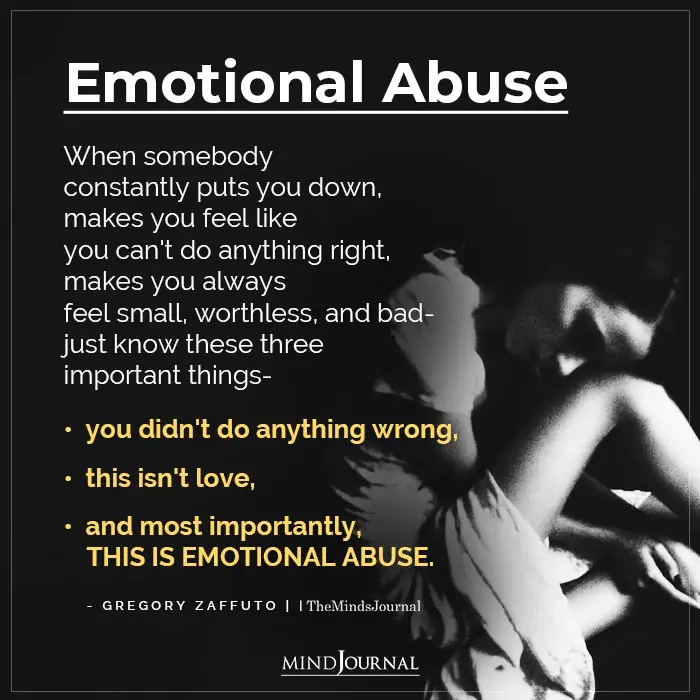
What To Do When You Are Being Emotionally Abused? 13 Things You Can Do To Heal From Emotional Abuse
Studies show that younger women are more likely to experience emotional abuse. So if you are being emotionally abused and fear harm from your partner, parents, or any other abusive loved ones, then know that help is always available.
Here are a few things you need to do when you are being emotionally abused:
1. Recognize that you’re being abused
Psychotherapist and author Beverly Engel L.M.F.T. explains “Emotional abuse is one of the most difficult types of abuse to identify because it is so hidden, insidious, and confusing.”
Most victims of abuse fail to realize that abuse is occurring, especially when physical assault is not involved. What you need to understand is that simply because emotional abuse can be subtle doesn’t mean you’re not being abused.
Although fighting, arguing, and yelling in a relationship is not necessarily emotional abuse, when it occurs repeatedly at the cost of your self-esteem then you may need to take notice.
“Emotional abuse is an attempt to control… The accusations, the blame, and the constant checking up are forms of emotional abuse,” writes author and cognitive and transpersonal therapist Andrea Mathews, LPC, NCC.
The abuser may believe that they know what is best for you so they try to control your actions through harsh criticisms and threats.
“Emotional abuse can include verbal assault, dominance, control, isolation, ridicule, gaslighting, emotional blackmail, or the use of intimate knowledge for degradation,” adds Engel.
Related: Are You Being Emotionally Abused By A Sociopath? Here’s What You Need To Know
If you are having difficulty understanding if you are being emotionally abused, then here are a few red flags you need to watch out for:
- Name-calling
- Attempts to control
- Persistent yelling and screaming
- Invasion of privacy
- Lack of empathy
- Personal insults & humiliation
- Passive aggressiveness
- Financial control
- Threats or intimidation
- Dismiss your feelings
- No respect for personal boundaries
- Gaslighting (making you doubt your own sanity)
- Isolation from other loved ones
- Withholding affection
- Threats of punishment
It is only when you acknowledge the abuse can you take the first step to heal from emotional abuse.
2. Talk to someone
If you are being emotionally abused, then make sure to talk to someone about it. Yes, this can be a difficult topic to talk about and you may feel lost about how to start the conversation.
You may have doubts and worries that the other person may not see it as abuse or may minimize the experience. But instead of assuming how your loved ones may react and respond, simply talk to them openly and honestly.
Share what’s on your mind and how you feel about the situation without hesitation with a trusted friend or family member. Make sure to choose a private and safe place where you will not be interrupted.
If you feel uncomfortable about talking to a loved one, then you can also talk to a therapist, if needed.
3. Seek support
How to heal from emotional abuse? Asking for help is one of the most important steps in coping with emotional abuse. Most people who have been abused psychologically tend to minimize and downplay their experiences.
You may believe that you can deal with this on your own or that you are strong enough to tolerate such emotional pain. But that is no reason to accept abuse.
Once you talk to someone you trust, ask them for some support. This can make a lot of difference in your healing journey. You can connect with local abuse support groups or call a helpline if you need some specific help.
It can also be a good idea to talk to a lawyer to know about your rights, especially if you are married to the abuser.
4. Arrange for safety
Plan to stay safe, especially if physical abuse or domestic violence is involved along with emotional abuse. Preparing for safety can be more important if your children or siblings are also at risk of experiencing harm or abuse.
Here are a few things to keep in mind if you are being emotionally abused:
- Figure out an exit plan in case the abuser becomes violent.
- Keep important and emergency phone numbers handy and easily accessible.
- Educate your children on how to keep themselves safe.
- Ask friends, family or neighbors to look for warning signs of domestic violence.
- Keep some money hidden away so that you have some financial support in case you leave suddenly.
Related: 7 Things That Look Like Love But Are Actually Emotional Abuse
5. Journal everything
Write down all your thoughts and feelings related to your experience. As you are prone to doubting yourself constantly, keeping a journal will enable you to understand reality better.
Make sure to note down the abusive words, the harassments, the texts, the emails, the social media posts, the insults, the events, the arguments… anything you remember. Write down what the abuser did and how you reacted and what you felt.
When you are being emotionally abused, documenting it can help you analyze the situation when you are having doubts and validate your memories with the documented records.
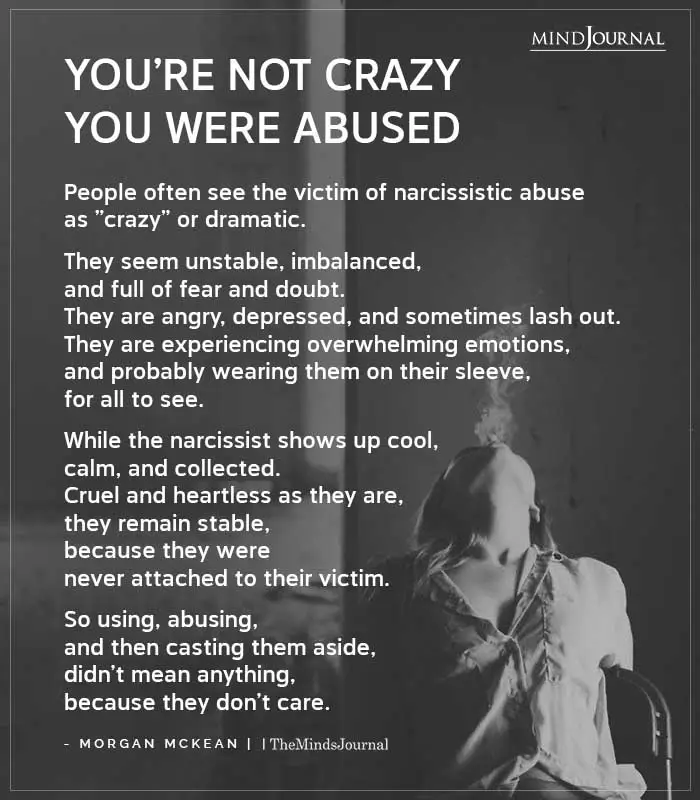
6. Avoid negative thinking
Persistent emotional abuse can alter the way we think and behave. Regardless of how optimistic you might have been, constantly being emotionally abused by the person, you love can make you develop negative thought patterns over time.
This can lead to negative self-talk which results in low self-esteem, self-doubt, low sense of self-worth, self-blame, and distorted self-perception.
It also makes you needier, protect the abuser and lie about how you truly feel. As you start believing the lies inside your head, you give more control to your abuser. Such negative thoughts can even cause increased stress, anxiety, and depression.
Studies have found that “Unconstructive forms of repetitive thinking may represent a cognitive vulnerability factor implicated in the development and maintenance of various emotional disorders such as anxiety disorders and depression.”
This is why one of the most important steps regarding how to heal from emotional abuse is questioning your negative self-talk by being aware of your negative thinking. Positive self-talk can help you gain better control over your life and help you in coping with abuse.
7. Establish boundaries
Although the abuser will try their best to ignore your personal boundaries, you need to be firm and be committed to maintaining boundaries.
Clearly communicate to them that you will not accept verbal insults, manipulations, or name callings any longer. If they still try to insult you, do not respond and simply leave the space for the time being.
Related: How Narcissistic Abuse Changes You
8. Avoid guilt and self-blame
No, it’s not your fault and it never was. Stop blaming yourself. Stop feeling sorry for them. Stop feeling guilty.
You haven’t done anything wrong by standing up for yourself. When you are being emotionally abused, your abuser will make you believe that the emotional abuse you experience is completely your fault.
Do not believe that narrative. This is how they control you and make you comply. The problem is not with you, but with them. You don’t need to explain anything to the abuser. Free yourself from the burden of guilt, shame, and blame.
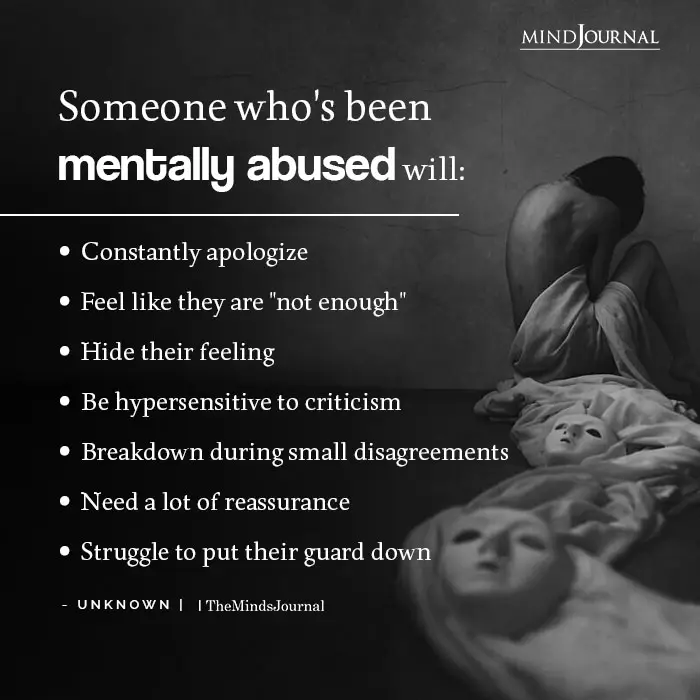
9. Avoid arguments
One of the smartest things you can do to heal from emotional abuse is avoiding engaging with the abuser. Narcissistic abusers have a tendency to pull you into their toxic world and then put the blame on you.
They feed off your reactions as it boosts their ego. But when you learn to pause and step back from the discussion, argument, or confrontation, you take the power back to control your thoughts, emotions, and mood.
Granted it will not be the easiest thing to do, but it will be worth it. When you refuse to play their games, give in to their demands, give explanations, apologize and protect their feelings instead of your own, you deny them satisfaction. This is the most self-empowering thing you can do.
10. Practice self-love and self-care
According to psychotherapist and author Amy Lewis Bear, you are the only person who can nurture yourself the way you need.
“The more she nurtures herself, the more healing she will experience. She should find a hobby or activity that makes her feel good and restores a healthy sense of self,” adds Amy.
If you had an abusive childhood, then it’s likely that you may become a people-pleaser as an adult and end up in relationships with narcissists.
However, the more you take care of others, the less you will care about your own needs. Moreover, an abuser may also program their victim to avoid their needs by making them feel that they are not important enough.
This is why when you begin your healing journey, you need to start by focusing on your physical, emotional, mental, sexual, and spiritual needs.
Make sure to do simple things to practice self-love such as:
- Getting enough sleep.
- Eating nutritious meals.
- Engaging in self-care practices, like exercise, massages, spas, meditation, walking in nature.
- Doing things you love and pursue hobbies.
- Consulting a doctor for any mental or physical health issues.
11. Stop being a savior
It’s one thing being empathic, but trying to save someone who doesn’t need saving is a whole other thing. Narcissists like the way they are and they don’t need you to “fix” them, even though they may make you believe that.
You need to realize that no matter how hard you may try, you can never make them change who they are. Emotional abuse is a choice which they make every single day. The only thing you can change is your mindset and how you respond to them.
Related: 7 Reasons Why People End Up Loving An Abuser
12. Walk away
If your abusive partner refuses to change their behavior and respect your boundaries, the last thing you can do to heal from emotional abuse \ is end the relationship and walk away.
You have nothing to gain by tolerating emotional abuse day after day and being in this relationship forever. It will not only affect your mental health but also your physical health as well.
You need to plan and take the necessary step to leave the relationship. However, as each relationship is unique, it is best to talk to trusted friends and family members first. You may even consult with a counselor or lawyer if you are worried about your or your children’s safety as emotional abuse can often lead to physical abuse.
Leaving may be easier said than done as there is a history that you share with this person and you obviously have strong feelings for your abuser as you have tolerated their toxic behavior longer than you should.
Due to the cycle of abuse, it can be even more challenging as you may question your decision repeatedly.
However, you need to remind yourself that you do not deserve to be with a narcissist nor do you need their toxic love. But as your decision to leave can aggravate the situation leading to domestic violence, plan for your safety beforehand.

Here are a few things to keep in mind:
- Inform a loved one that you are leaving your abuser.
- Gather important documents and keep them safe.
- Create funds for emergency.
- Change all passwords for social media accounts and devices.
- Note down all emergency contact numbers.
- Block your abuser so that they can’t contact, manipulate or threaten you.
- Have a safe refuge where you can stay for the first few nights.
13. Seek therapy
Emotional abuse can often lead to a number of psychiatric conditions, such as posttraumatic stress disorder, anxiety disorders, and even depression.
According to a 2015 study, “Childhood abuse is associated with a wide range of negative outcomes, including increased risk for development of emotion dysregulation and psychopathology such as posttraumatic stress disorder (PTSD).”
It can also cause a number of emotional & mental health issues like:
- Social withdrawal and loneliness.
- Difficult memories and flashbacks.
- Mood fluctuations.
- Night-terrors.
- Difficulty concentrating.
- Insomnia.
- Low self-esteem and feelings of worthlessness & helplessness.
- Excessive guilt and shame.
- Confusion.
- Fear and phobias.
How to heal from emotional abuse? Consulting a professional therapist can help you overcome abuse and associated mental illnesses so that you can live a healthier and happier life.
They can help you detach from the trauma, find inner strength, and help you develop coping strategies to rebuild your new life free from stress and tension.
Related: How To Identify An Emotional Predator And Leave Them For Good
Healing from emotional abuse
I can personally tell you that being abused by someone you love can be one of the most devastating experiences in life. It not only makes you feel betrayed and breaks your trust, but it also shows you that your love has no value to your abuser.
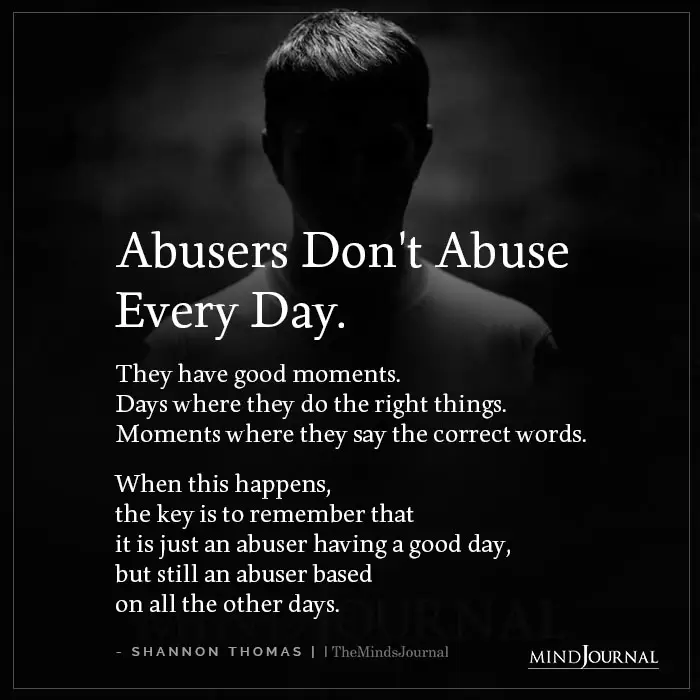
But that doesn’t mean you don’t have any value. The only thing that matters is how much you value yourself. Following the strategies mentioned above will enable you to heal and move on from an abusive relationship.
Yes, the scars of abuse will be deep and the pain will stay for a long time. But with patience, determination, self-love, and the support of friends and family, you can heal those nasty scars and become stronger than you have ever been. You deserve love and happiness… and you will find it.
Frequently Asked Questions
What to do if you are in a toxic relationship and you can’t leave them because of a child?
Prioritize your child’s safety which might get in jeopardy if you decide to stay in the toxic relationship.
Is moving on with kids after an abusive relationship possible?
Yes, it’s possible. Find out what your child thinks about your troubled relationship and answer their questions without making them overwhelmed. Be patient with them.
What are the things to say to make things better in a toxic relationship?
Apologizing when you’re wrong, being honest, and making them know how their behavior hurts you, are some of the open communications that might help a toxic relationship.
I’m coming out of an abusive relationship. How do I know a good relationship?
After a long-term abusive relationship, your idea of a healthy relationship might get blurred. But, remember a positive relationship is always based on love and mutual respect.
What is the first step to getting out of an abusive relationship without being killed trying?
If you think your life is at risk, please get the authorities involved or reach out to your nearest support group that helps people get out of abusive and dangerous relationships.
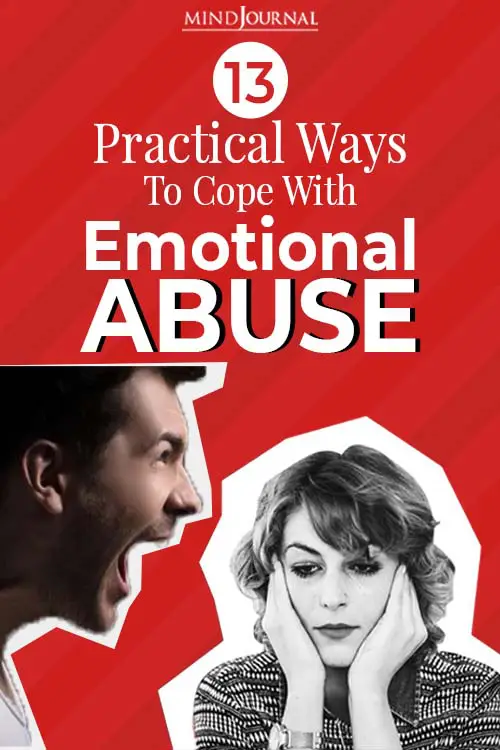
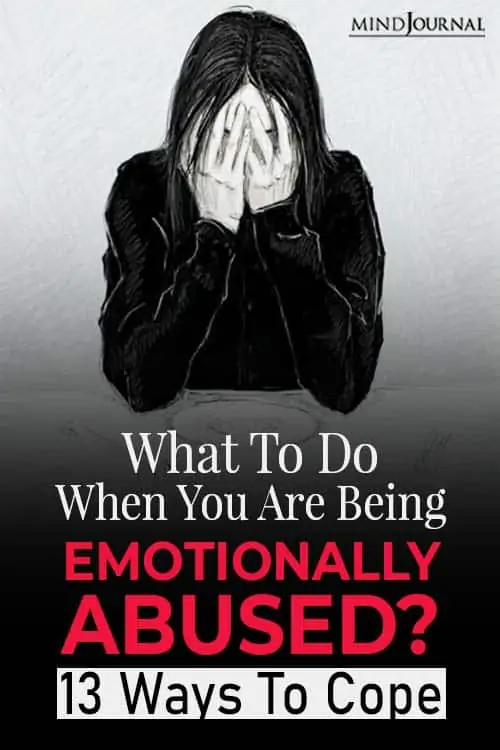
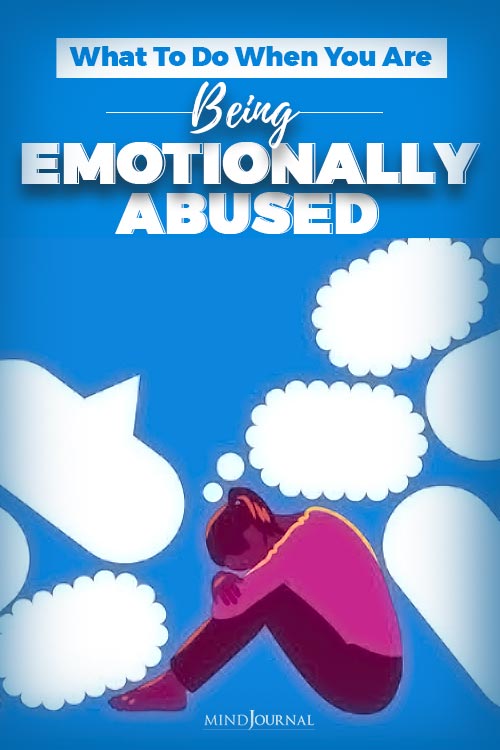

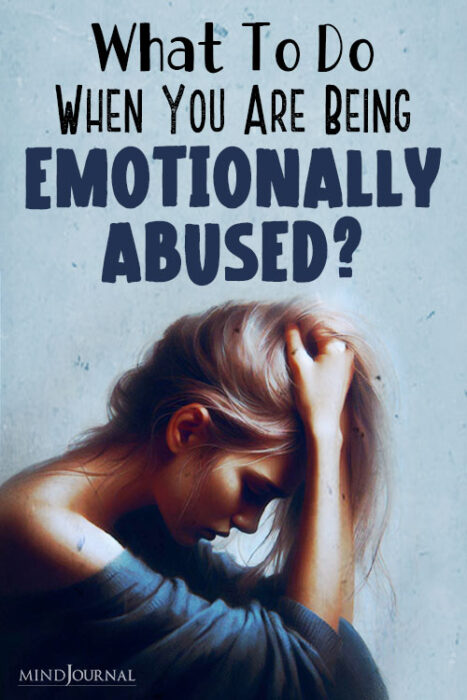








Leave a Reply
You must be logged in to post a comment.